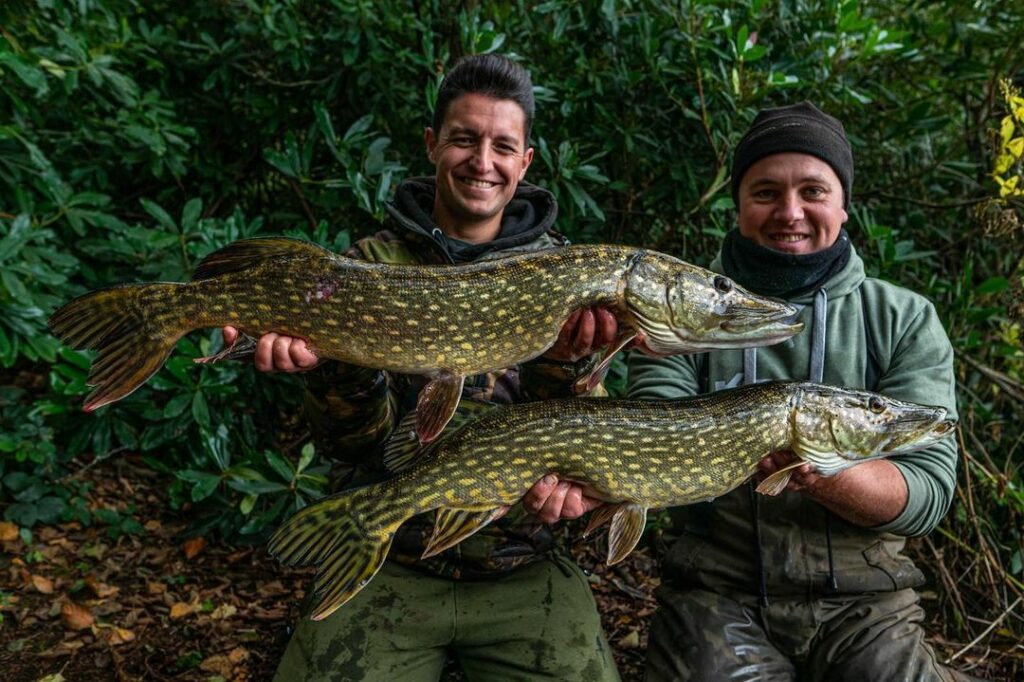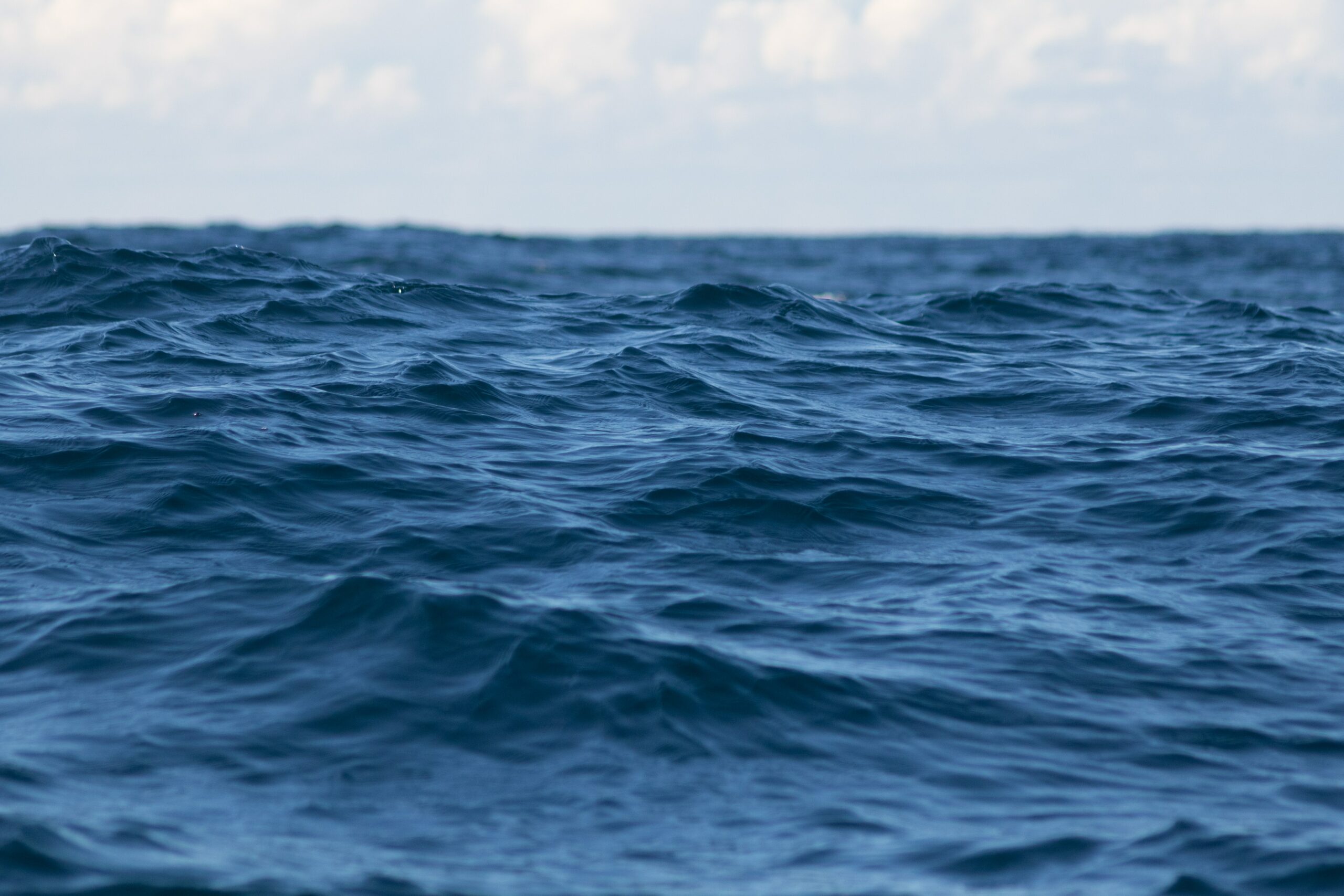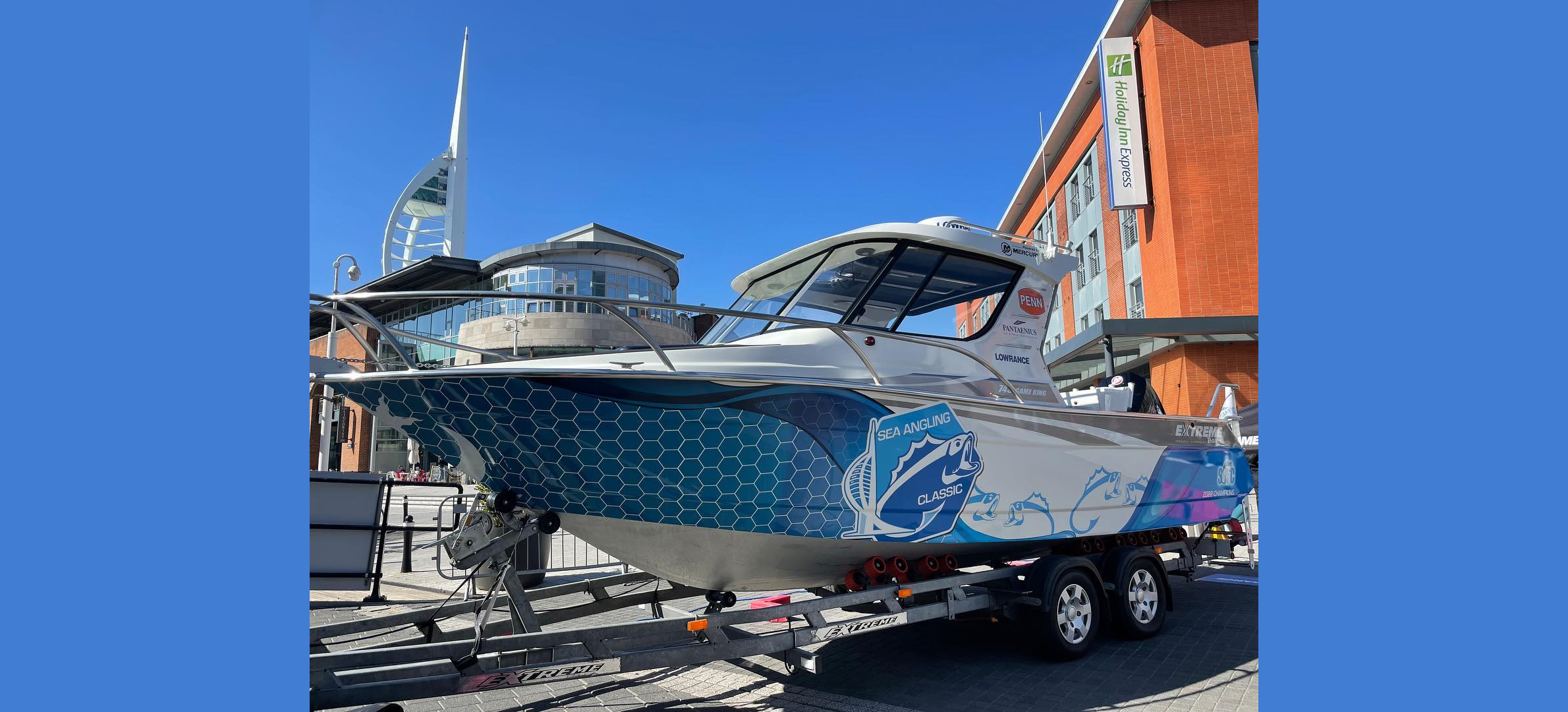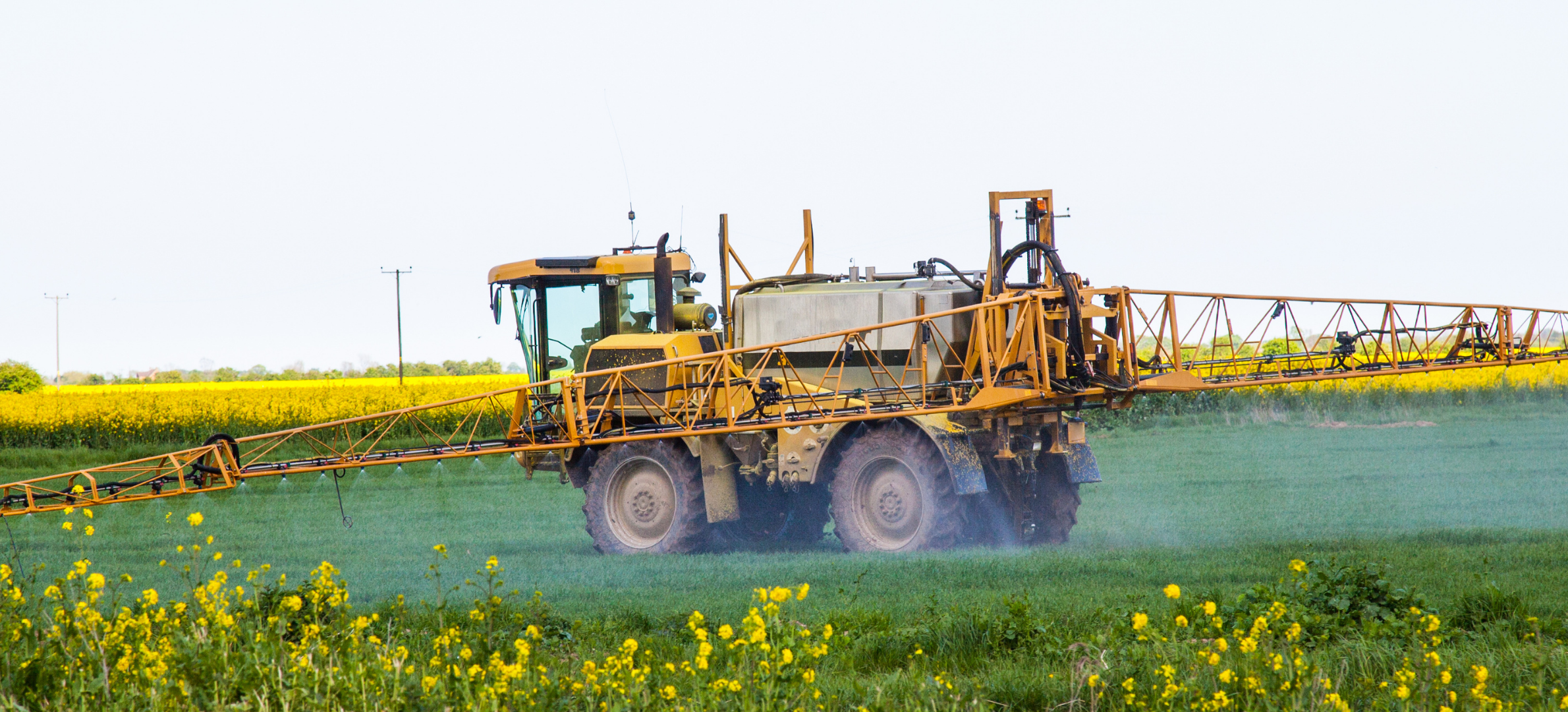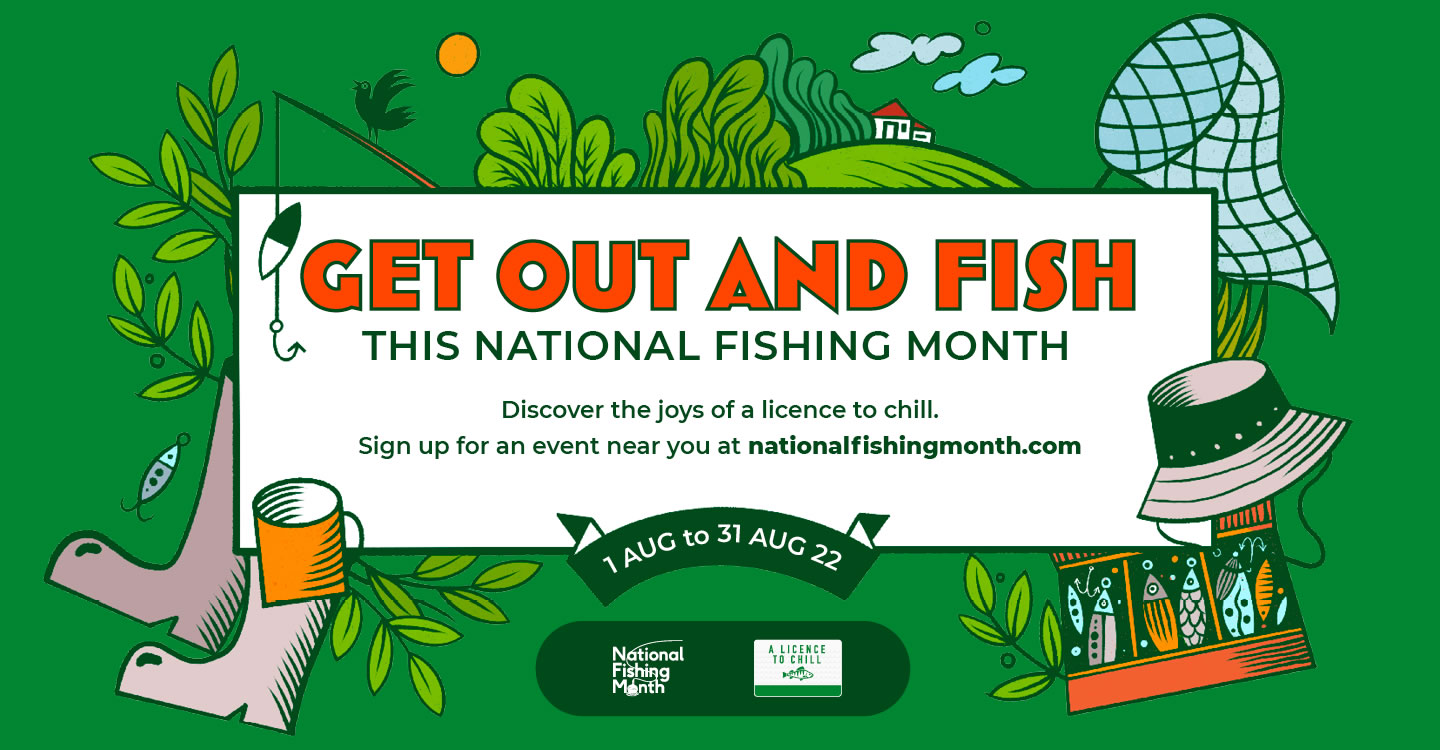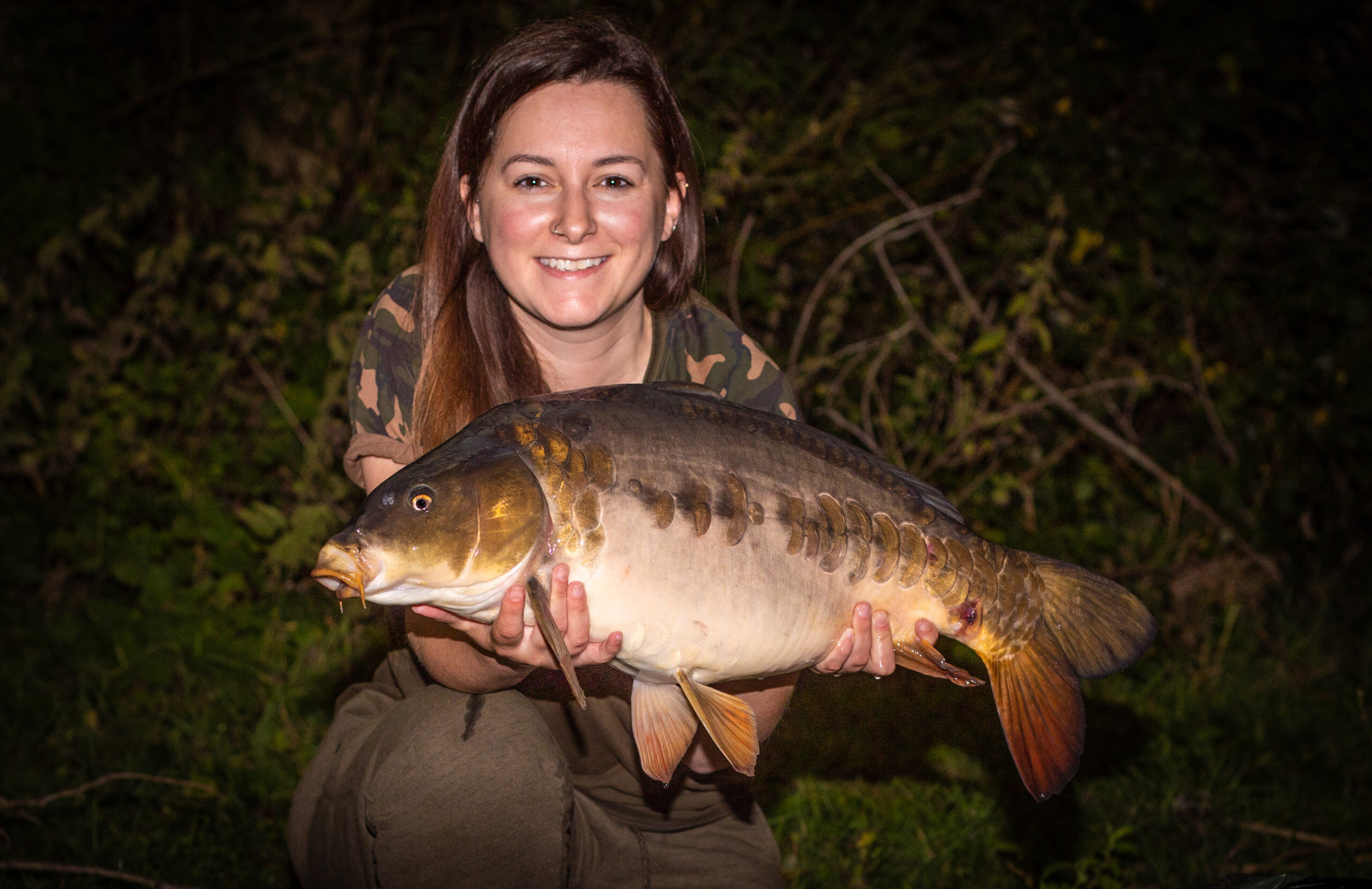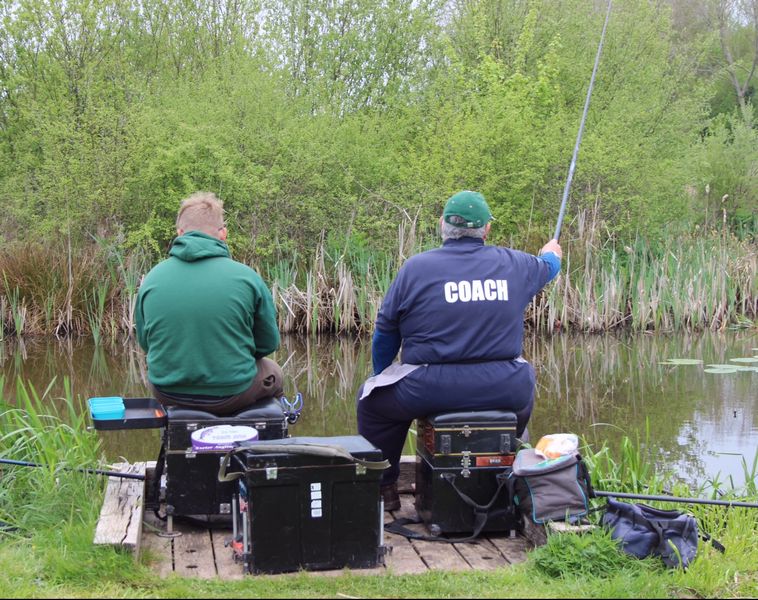
Get Fishing Resources
Coach Mentoring – a beginner’s guide!
By Richard Hadley, Angling Trust Coaching Centre Manager and Lead Safeguarding Officer: “In your last newsletter I mentioned becoming a coach mentor. Thank you to all those who’ve already expressed an interest…”
For those who are keen but need a bit more info, the following is a rough guide to what’s involved. I also offer you an open invitation to attend and meet candidates at any Level 1 or Level 2 course you can make it to. Please come along and just see what happens!
The new Angling Lead Coach course is very different to the old course, with a strong emphasis on the coaching journey, rather than completing endless written tasks!
The key to this will be our support for new coaches on this journey through four “Linked-Sessions” that will be delivered aside from the tutor’s Lead Course and Assessment.
Learners will be expected to show not only progressive planning and delivery around a chosen outcome, but also (by self-review and mentor input), progression in their own coaching and personal development.
As a mentor coach, you’ll ensure that learners come with a simple ‘action plan’ for personal development which has been agreed following their practice session with tutors.
This plan might be a simple as something like “Keep Instructions simple and check for understanding before delivery” to more complex subjects such as “Work on technical models “ or “Provide feedback using open questions“.
These topics should be discussed in addition to session plans. For example: “What are your personal goals for this session?”. You can then look out for these during the session and provide feedback at the end.
To show a progressive journey, the learner’s goal should be mutually agreed and recorded in advance of the next session in the new ‘Learner Workbook” we’ll be using.
At this stage too, it’s important to understand what we mean by a “Linked-Session”. The aim here is to move away from the concept of one-off ‘have a go’ angling events, towards developing skills and a lifelong love for angling.
A series of Linked-Sessions could be as follows:
NB: I’ve added the performance areas in brackets
Pole Fishing
- Session 1 : Preparing a pole and attaching terminal tackle (Technical)
- Session 2 : Shipping out pole and plumbing up depth (Technical, Physical)
- Session 3 : Baiting hook, identifying bite, playing and landing fish (Technical, Physical, Mental)
- Session 4 : Identifying fish holding areas, ground baiting (Tactical, Technical, Mental, Physical)
This might only last for 10 to 20 minutes of the hour-long session, the rest would be taken up by what people like doing best, fishing, but with brief reference to the required outcome of the session.
It is this skills part of the delivery that needs to be both developed and progressive.
Making these parts over-complicated and too long is not the best way to learn angling skills.
The CAST Awards (now part of our ‘Angling Lead Coach’ course, form the foundation for Learners to build upon.
Please contact me if you’d like to find out more about being a ‘Coach Mentor’.
Richard
Richard Hadley
Angling Trust Coaching Centre Manager and Lead Safeguarding Officer
07720 974811 | richard.hadley@anglingtrust.net



